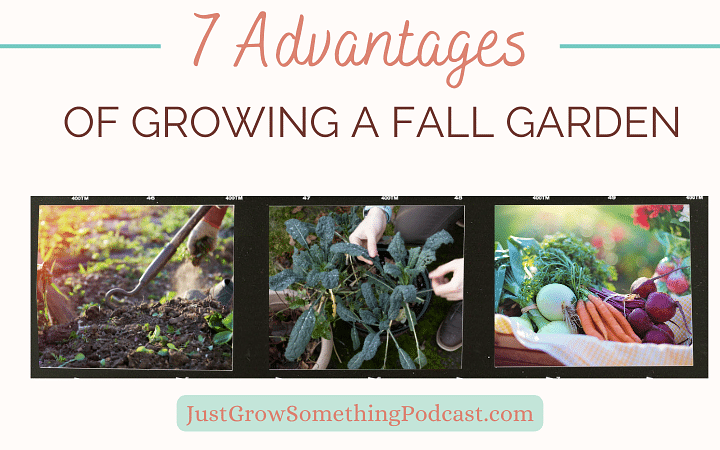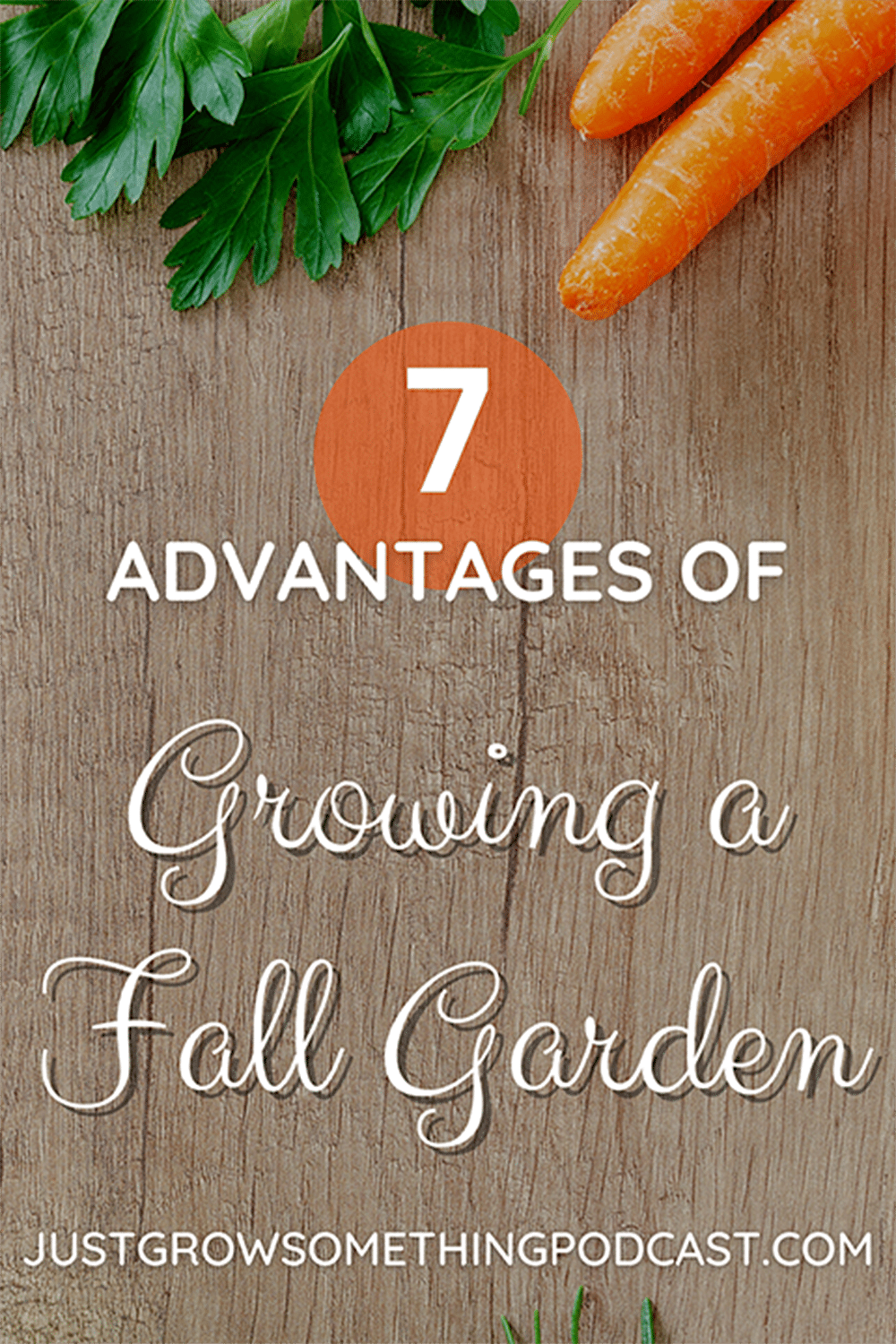
If you’ve never grown a fall garden, you are missing out. There seems to be so much less insect and disease pressure with a fall garden. The weather seems to be a bit more predictable, too, even if it is still hot when we get started.
 This doesn’t mean the fall garden is fool proof, but it does mean that many of us get a second chance or a “redo” of our spring crops. It's a great time to grow things again that did well in the spring, or attempt crops again that may have not done as well. It’s also a time to get things going that will overwinter in the garden if our climate is mild enough or if we can employ some extra protection measures.
This doesn’t mean the fall garden is fool proof, but it does mean that many of us get a second chance or a “redo” of our spring crops. It's a great time to grow things again that did well in the spring, or attempt crops again that may have not done as well. It’s also a time to get things going that will overwinter in the garden if our climate is mild enough or if we can employ some extra protection measures.
Planting a fall garden offers several benefits and advantages over the summer garden. Here are seven good reasons for planting a fall garden:
Extended growing season: By planting a fall garden, you can extend your growing season and continue enjoying fresh homegrown produce well into the cooler months. It allows you to maximize the productivity of your garden and make the most of your growing space.
Cooler temperatures: Fall weather tends to be cooler, which is advantageous for certain crops. Many vegetables, such as leafy greens, root vegetables, and brassicas, thrive in cooler temperatures and often taste sweeter when grown in the fall. In very warm climates, fall is a better time for growing things like tomatoes, cucumbers, and squash. (See this article on Five Top Fall Crops for Your Region)
Fewer pests and diseases: Fall gardens are often less susceptible to pest infestations and diseases compared to spring and summer gardens. Many common garden pests and diseases decline as the weather cools down, reducing the need for extensive pest management and the frustration of losing crops to disease.
Reduced weed pressure: Weeds tend to be less aggressive in the fall, making it easier to manage them. With less competition from weeds, your fall crops have a better chance of thriving and producing a bountiful harvest. Not to mention, it's easier on the back!
Lower water requirements: Cooler temperatures in the fall result in reduced evaporation and lower water requirements for plants. This can lead to savings in water usage and reduce the need for frequent watering compared to the hotter summer months.
Less intensive maintenance: Fall gardens generally require less intensive maintenance than spring or summer gardens. With milder temperatures and fewer pests and diseases to contend with, you can spend less time on garden upkeep while still reaping the rewards of fresh produce.
Soil improvement: Fall gardens provide an opportunity to improve your soil for the following year. Planting cover crops or incorporating organic matter into the soil during the fall can enhance its fertility, structure, and overall health, setting the stage for a more successful garden the following spring.
These are just a few of the many reasons why planting a fall garden can be rewarding and worthwhile. Enjoy the cooler weather, experiment with different crops, and savor the fresh flavors of your fall harvest!
Join my FREE Fall Garden Challenge to get five days of step-by-step instructions on planning your fall garden - from crop selection to fitting it all in!
Your Friend in the Garden,

